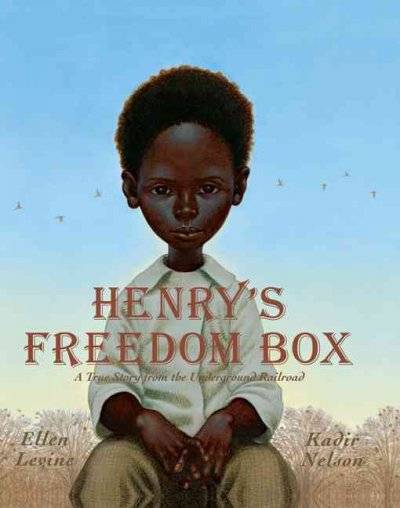I wanted to write about the bishop who became the first in her denomination and the writer who is an Old Testament scholar and the one who started a black community in her denomination, but I couldn’t. I couldn’t because the honor would seem like acceptance of twisted ideas. I couldn’t accept the supporting of heretical texts to “prove” scripture or the normalcy of homosexuality because of her lesbian friendship or the dabbling in a spiritual séance. To write about these Christian women would be to affirm their notions, to say the way they purport Christianity is ok. And that I cannot do.
But I will write about the journalist who spoke out against lynching and the grassroots woman who founded a democratic party and others, who, as far as I know, didn’t dilute Christianity for personal comforts. And I don’t mind writing about the likes of James Baldwin and Angela Davis because their being Christian is not the basis for lauding their righteous ideas. When you say who you are I respect that and expect your work to reflect that. These are the people I can write about and that I will do.
The realization of not being able to write about those I admire in many ways took me aback. I tried to figure out how I could incorporate disclaimers but the disclaimers would either outweigh or effectively cancel the celebration. Has something like this ever happened to you? Have you ever had to cease supporting someone you once supported because you realized that your beliefs were in conflict? I would love to hear about it. And I pray God’s power and protection for those who have given up support in order to honor Jesus Christ and His Kingdom.
Copyright 2010 by Rhonda J. Smith

